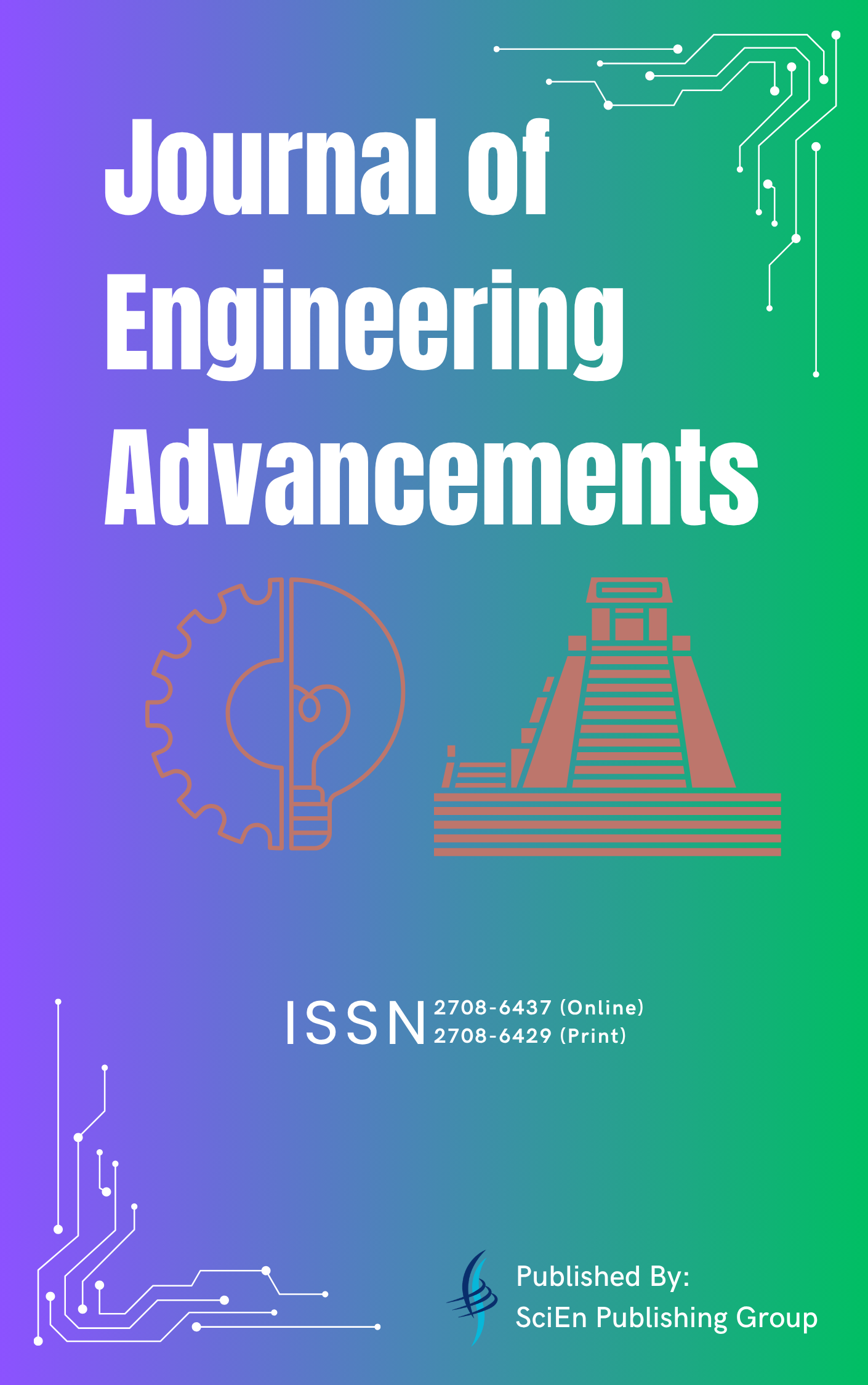Enhancing Supply Chain Management in Manufacturing Plants: Anomaly Detection and Mitigation Using MCDM and Machine Learning Techniques
DOI:
https://doi.org/10.38032/scse.2025.3.5Keywords:
Supply Chain Management, Machine Learning, Multi-Criteria Decision-Making, Anomaly Detection, Demand ForecastingAbstract
Supply chain (SC) anomalies, such as inaccurate demand forecasts, inventory imbalances, and production delays, impede operational efficiency and financial performance in manufacturing plants, particularly in third-world contexts where data-driven forecasting methods remain underutilized. This study investigates SC anomalies within Fair Electronics, a key manufacturing partner and authorized distributor of Samsung products in Bangladesh. Through interviews with technicians, supervisors, and management, specific anomalies such as demand volatility, stockouts, and inefficiencies in resource allocation were identified, with a predominant issue being the reliance on experiential forecasting methods that often result in inaccurate demand predictions. Leveraging insights from an extensive literature review, this research introduces machine learning (ML)-based forecasting methodologies tailored to these challenges. Four ML models, including an autoregressive integrated moving average (ARIMA), extreme gradient boosting (XGBoost), long short-term memory (LSTM), and Prophet, were applied to diverse market segments of mobile products, with model evaluation based on metrics such as mean absolute error (MAE), mean squared error (MSE), root mean squared error (RMSE), and mean absolute percentage error (MAPE). XGBoost consistently emerged as the superior model in terms of forecasting accuracy and robustness. The study highlights the transformative potential of advanced ML techniques in enhancing demand forecasting within SCs, proposing a comprehensive framework that integrates these methods to optimize inventory management, production planning, and overall operational performance. This study bridges the gap between traditional and data-driven forecasting approaches, providing a robust evidence base for the adoption of ML in SCs operations, paving the way for enhanced decision-making, reduced inefficiencies, and improved financial outcomes in manufacturing environments similar to Fair Electronics. The findings also offer a roadmap for future research and practical applications in the evolving landscape of supply chain management (SCM).
Downloads
Downloads
Downloads
References
[1] Islam, Rakibul, et al. "Supply Chain Management Analysis and Design for a Variety of Economic Scenarios, Including Data and System Administration." Journal of Software Engineering and Applications 17.10 (2024): 770-785.
[2] Whig, Pawan, et al. "Integrating AI and quantum technologies for sustainable supply chain management." Quantum Computing and Supply Chain Management: A New Era of Optimization. IGI Global, 2024. 267-283.
[3] Abdullahi, Husein Osman, and Ibrahim Hassan Mohamud. "The impact of ICT on supply chain management efficiency and effectiveness: A literature review." Journal Européen des Systèmes Automatisés 56.2 (2023): 309.
[4] Lele, Viraj P., Sharda Kumari, and Gregory White. "Streamlining Production: Using Big-Data’s CRM & Supply chain to improve efficiency in high-speed environments." IJCSPUB-International Journal of Current Scienc (IJCSPUB) 13.2 (2023): 136-146.
[5] Hynes, William, et al. "Complexity, interconnectedness and resilience: Why a paradigm shift in economics is needed to deal with Covid 19 and future shocks." COVID-19: Systemic risk and resilience. Cham: Springer International Publishing, 2021. 61-73.
[6] R. Aldrighetti, D. Battini, D. Ivanov, and I. Zennaro, “Costs of resilience and disruptions in supply chain network design models: A review and future research directions,” Int J Prod Econ, vol. 235, p. 108103, May 2021.
[7] Kudrenko, Ivan. "Navigating the Future: AI-Driven Healthcare Supply Chains." Hospital Supply Chain: Challenges and Opportunities for Improving Healthcare. Cham: Springer Nature Switzerland, 2024. 553-570.
[8] Duong, An Thi Binh, et al. "Supply chain risk assessment in disruptive times: opportunities and challenges." Journal of Enterprise Information Management 36.5 (2023): 1372-1401.
[9] Nguyen, Huu Du, et al. "Forecasting and Anomaly Detection approaches using LSTM and LSTM Autoencoder techniques with the applications in supply chain management." International Journal of Information Management 57 (2021): 102282.
[10] Can Saglam, Yesim, Sibel Yildiz Çankaya, and Bulent Sezen. "Proactive risk mitigation strategies and supply chain risk management performance: an empirical analysis for manufacturing firms in Turkey." Journal of Manufacturing Technology Management 32.6 (2021): 1224-1244.
[11] Yaseen, Asad. "The role of machine learning in network anomaly detection for cybersecurity." Sage Science Review of Applied Machine Learning 6.8 (2023): 16-34.
[12] Perumal, P., et al. "Data-Driven Strategies on Growth Through AI and Machine Learning." Advancing Intelligent Networks Through Distributed Optimization. IGI Global, 2024. 127-142.
[13] Glaser, Ana E., Jake P. Harrison, and David Josephs. "Anomaly Detection Methods to Improve Supply Chain Data Quality and Operations." SMU Data Science Review 6.1 (2022): 3.
[14] Syarif, Iwan, Adam Prugel-Bennett, and Gary Wills. "Unsupervised clustering approach for network anomaly detection." Networked Digital Technologies: 4th International Conference, NDT 2012, Dubai, UAE, April 24-26, 2012. Proceedings, Part I 4. Springer Berlin Heidelberg, 2012.
[15] Villa-Pérez, Miryam Elizabeth, et al. "Semi-supervised anomaly detection algorithms: A comparative summary and future research directions." Knowledge-Based Systems 218 (2021): 106878.
[16] Vercruyssen, Vincent, et al. "Semi-supervised anomaly detection with an application to water analytics." 2018 ieee international conference on data mining (icdm). Vol. 2018. IEEE, 2018.
[17] Kerdprasop, Nittaya, et al. "Anomaly detection with machine learning technique to support smart logistics." International Conference on Computational Science and Its Applications. Cham: Springer International Publishing, 2019.
[18] Nassif, Ali Bou, et al. "Machine learning for anomaly detection: A systematic review." Ieee Access 9 (2021): 78658-78700.
Published
Conference Proceedings Volume
Section
License
Copyright (c) 2025 Ahmed Shahriar Abid, Aninda Zaman Lasker, Mohammad Mynul Islam Mahin, Sheak Salman (Author)

This work is licensed under a Creative Commons Attribution 4.0 International License.
All the articles published by this journal are licensed under a Creative Commons Attribution 4.0 International License


